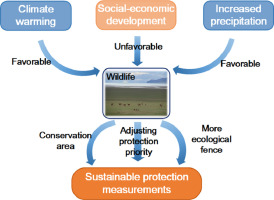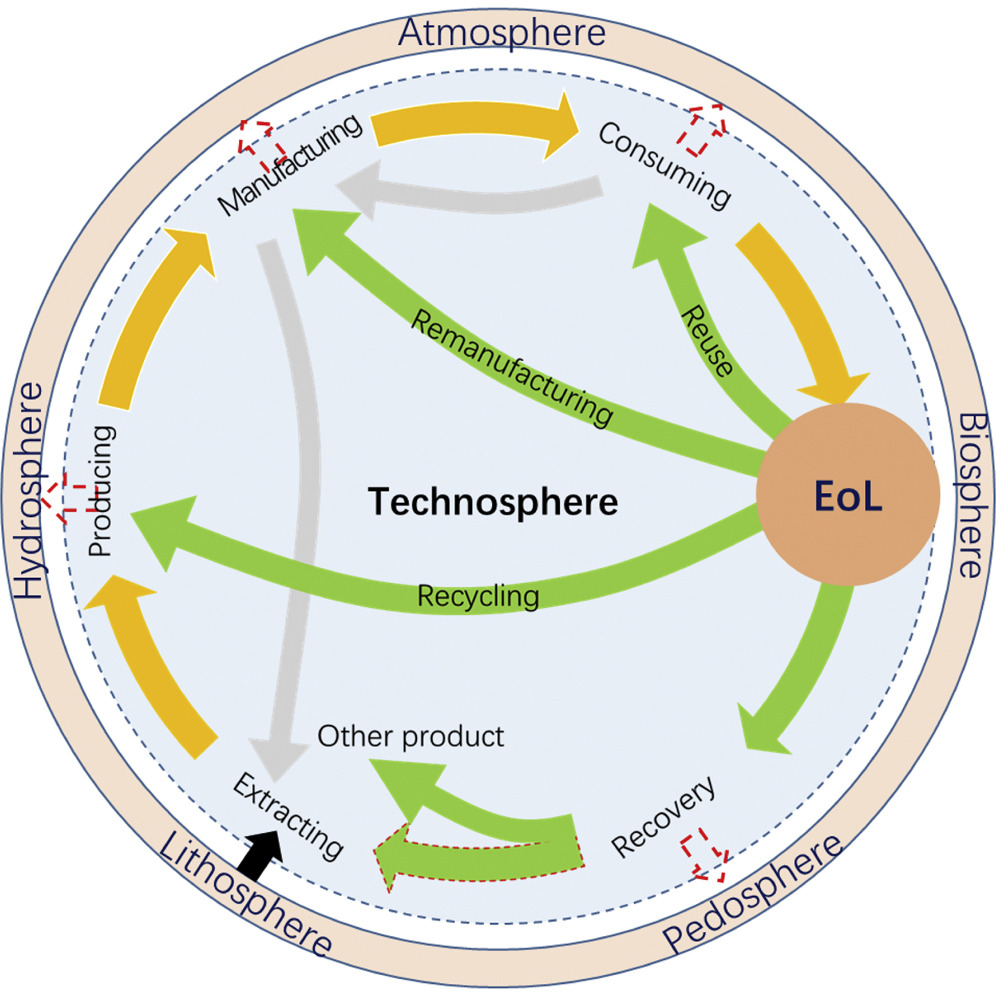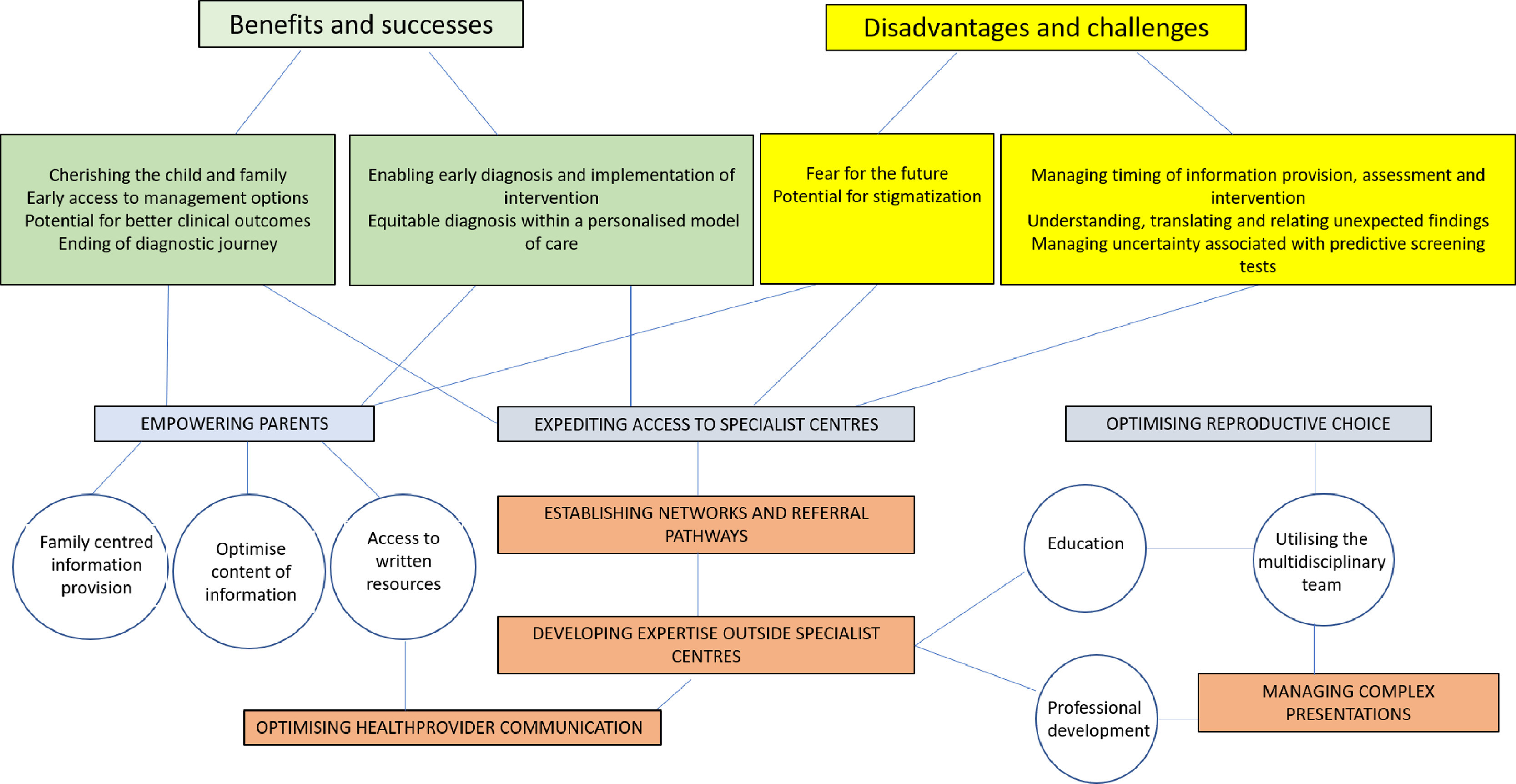Elsevier,
EClinicalMedicine, Volume 33, March 2021
A Research Paper on food insecurity in the UK, in the context of SDGs 1, 2, and 3, focusing specifically on the association between the implementation of austerity policies in 2010 and the increase in foodbank use and food insecurity over the following decade.
Elsevier,
SLAS Discovery, Volume 26, March 2021
Tauopathies are neurological disorders characterized by intracellular tau deposits forming neurofibrillary tangles, neuropil threads, or other disease-specific aggregates composed of the protein tau. Tauopathy disorders include frontotemporal lobar degeneration, corticobasal degeneration, Pick’s disease, and the largest cause of dementia, Alzheimer’s disease. The lack of disease-modifying therapeutic strategies to address tauopathies remains a critical unmet need in dementia care. Thus, novel broad-spectrum tau-targeted therapeutics could have a profound impact in multiple tauopathy disorders, including Alzheimer’s disease. Here we have designed a drug discovery paradigm to identify inhibitors of the pathological tau-enabling protein, MSUT2. We previously showed that activity of the RNA-binding protein MSUT2 drives tauopathy, including tau-mediated neurodegeneration and cognitive dysfunction, in mouse models. Thus, we hypothesized that MSUT2 inhibitors could be therapeutic for tauopathy disorders.
Elsevier,
Geography and Sustainability, Volume 2, March 2021
This article supports SDG 15 by demonstrating both climate change and social-economic developments play important roles to wildlife recovery in Qingzang Plateau. How to effectively promote the wildlife restoration and conservation in Qingzang Plateau is challenging.
Elsevier,
iScience, Volume 24, Issue 3, 2021, 102237
Material depletion over reliance of linear economies and environmental pollution may be resolved by applying the principles and practices of anthropogenic circularity science. Here we systematically review the emergence of anthropogenic circularity science in the interdisciplinary development of green chemistry, supply chain, and industrial ecology at different scales.
Elsevier,
Energy and AI, Volume 3, March 2021
This article supports SDGs 7 and 9 by addressing the challenges in traditional material research methods. This will play a crucial role in the screening and structure-activity relationship modeling of advanced energy materials, accelerate the development of energy materials, support carbon neutrality goals, and provide new scientific discovery methods.
Elsevier,
Energy and AI, Volume 3, March 2021
This article supports SDGs 7, 9 and 11 by utilizing solar photovoltaic, wind energy, solar thermal energy, and battery energy storage, and the special emphasis is placed on the schedulable value of concentrated solar power generation to provide more economical and environmentally friendly energy supply, while integrating multiple renewable energy technologies through artificial intelligence technology to shape the future of cities.
Elsevier,
Free Radical Biology and Medicine, Volume 165, March 2021
Hematopoietic stem cells (HSCs) are responsible for life-long production of blood and immune cells. HSC transplantation (HSCT) is the original cell therapy which can cure hematological disorders but also has the potential to treat other diseases if technical and safety barriers are overcome. It is hoped that HSCT can become safe enough to treat non-life-threatening disorders like allergy, psychiatric disorders, HIV, and aging.
Elsevier,
Computer Methods and Programs in Biomedicine Update, Volume 1, 2021, 100005
Blood donation saves lives, and the communication between blood centers and donors plays a vital role in this. Smart apps are now considered an important communication tool, and could be best utilized in blood donation if they are designed to fit the users’ needs and preferences.
Current Research in Ecological and Social Psychology, Volume 2,2021,100008,
Limiting climate change requires effective policy solutions. In democratic societies, voting for candidates who support climate policy solutions is arguably the most important action citizens can take. Therefore, understanding the dynamics of global warming as a voting issue is crucial for building public and political will for climate solutions.
Elsevier,
EClinicalMedicine, Volume 33, March 2021
This Article supports SDG 3 by highlighting the benefits of equipping a wider (non-specialist) workforce to deal with the demands of population screening for rare diseases such as spinal muscular atrophy through education programmes and access to expert opinions.




